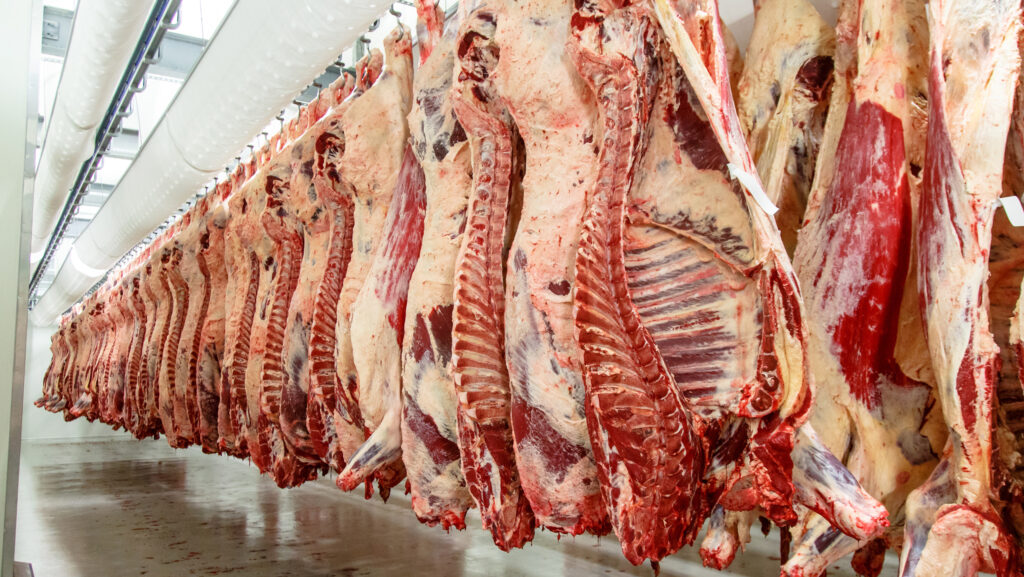Opinion: It’s time to ditch the outdated Europ grading system
 © Adobe Stock
© Adobe Stock The worst thing about Brexit, apart from having reduced border controls, increased barriers for exports, and trade deals that ride roughshod over UK agriculture, has to be the continued use of the Europ grading scale.
Enforced in the 1980s by the EU, it has driven the UK beef and lamb industry with rigid ferocity.
Most Brexiteers couldn’t wait to get their blue passports and throw the old EU-style ones in the bin. So why haven’t our institutions chucked out the Europ scale faster than an EU national overstaying their visa?
See also: Opinion – farming under threat from cyberattacks and AI
Now, we all know that politicians lie, but one of the juiciest carrots dangled before farmers back in 2016 was that, in a post-Brexit world, there would be a bonfire of all those fangled EU rules and regulations.
The country would be able to forge its own path with systems free from bureaucracy, that fitted our unique British circumstances.
Alas, almost 10 years on and still most of the same restraints remain, with little of the promised rewards materialising.
The consumer
The Europ scale rewards carcass composition and fat classes. It’s easy for abattoirs to use and is a good indication of carcass yield.
But 40 years on from its introduction, is it still relevant for the consumer, the person actually eating the product?
Studies going back to the referendum year of 2016 found negative correlations between Europ grading and customer sensory scores such as juiciness and meat eating quality (MEQ).
A top grade didn’t guarantee top eating. These are highly sought-after traits for the consumer when it comes to meat purchase.
However there is absolutely no financial incentive for livestock breeders to any way change breeding and management practices for consumers’ benefit.
MEQ
Rewarding MEQ could also reward extensive and native-bred systems since native stock finished on unimproved pasture score higher on MEQ than continental types on improved grassland.
This also meets the increasing sustainability requirements of the modern consumer. And the public is prepared to part with their cash more readily on products that meet green goals.
This would not only help to meet farming’s net-zero targets, but potentially be a welcome boost for those finishing native breeds on poorer land.
When consumers have a bad eating experience with meat, it can take them months to purchase similar products again.
The meat processing industry has a huge stake – pun intended – in ensuring that consumers have the best eating experience possible and return to buy frequently.
We know the Europ scale isn’t fit for purpose anymore and I’d bet the majority of those in the meat industry know it too
Australian, US and Japanese meat grading systems all reward MEQ – testing for pH, muscle colour, firmness, texture, and all rewarding higher marbling.
We know the Europ scale isn’t fit for purpose anymore and I’d bet the majority of those in the meat industry know it too. So why aren’t we doing anything about it?
Is it that the red meat industry is owned by just a small handful of players, many with European operations and who don’t want the competition and market disruption of British meat selling under new metrics?
Are our levy bodies too burdened with meat origin labelling and assurance schemes to take on any other big challenges in the sector?
Brexit wasn’t for me. But if we can have one – just one – nice thing from it, can we please have a meat grading system for Great Britain that truly rewards our great red meat.

